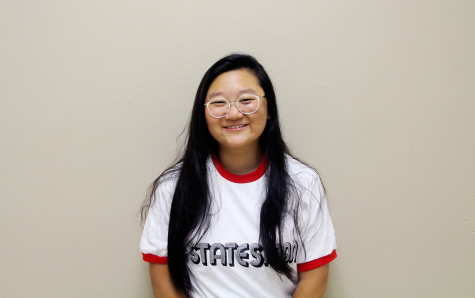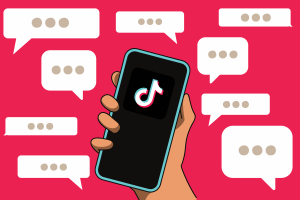‘I don’t have time to read anymore’
Cathleen Weng, News Editor
December 13, 2018
The amount of people who partake in leisure reading is not what it used to be.
In elementary school, there are designated ‘reading periods’ and ‘reading logs’ kept whereas a large majority of high school English class boils down to book analysis. Considering once students move beyond high school and into adulthood that there is rarely a designated time to read, it is easy to see why adults might reflect on their childhoods and find that they read far less than they did back then. But, this alone does not account for another worrying trend.
In 1982, 57 percent of adults read at least one novel, short story or play. This number dropped to 43 percent in 2015. Since the 1980s, the amount of time that any given person spends leisure reading has dropped significantly, and it continues to do so.
According to the Washington Post, “In 2004, roughly 28 percent of Americans age 15 and older read for pleasure on a given day. [2017], the figure was about 19 percent.”
Reading stimulates the brain and exposes people to varying ideas and worldviews; it is an important part of the human experience. So why are people reading less and less?
It is easy to chalk it up to the amount of time that Americans now spend on computers or on their phones, but computers and phones do not even come close to leisure reading’s biggest foe: broadcast TV. Since TVs became a household item in the 1950s, the amount of time that people spend watching TV has drastically increased. This likely correlates with the decreased amount of time spent reading. According to the Bureau of Labor Statistics, the average American spends two to three hours a day watching TV. Comparatively, the 0.3 to 0.4 hours that the average American spends reading seems miniscule; the correspondence is clear.
So what is to be done? In reality, it boils down to human choice. There is the option to watch TV, or to read a book. The option to scroll mindlessly through social media, or to read a book. We know that the most beneficial option for the human brain is to read a book, but at a time when there are infinitely more appealing options at our fingertips, it is more than often hard to make that decision. Still, it is important to try. The next time you reach for the remote, at least think about picking up a book instead.









